In a world obsessed with their cellular devices, a new state law designed to eliminate the disconnect students exhibit in their ability to listen to their teachers–as opposed to their cellphones–is receiving mixed reviews.
Indiana Senate Bill 185, which went into effect at the start of this school year, applies to not only cellphones but also any PCD (Personal Communication Device): primarily earbuds, smart watches, and any other device that can connect to the internet, including gaming devices. As with any law, there are exceptions for select situations. Medical issues, learning disabilities, and even some course work may require PCD’s at times. But, the law indicates that these are the exceptions to the rule.
Here at EHS, students can no longer have a PCD during school hours, except in the cafeteria when having lunch. The “exception” rule came into effect only days after school began–and only days after Dr. Larry Huff, the superintendent, visited many classrooms to seek the input of students.
As he states, “The school board listened carefully to student feedback and understood that having your phone during lunch gives you a break to relax, catch up with friends, or even unwind after a busy morning.” Sympathetically, Huff continues. “We know how important it is for you to stay connected, and by allowing phones during lunch and on buses to extracurricular activities, we’re trying to balance your need for downtime while ensuring the focus remains on learning during class.”
Focus is, in fact, a driving factor for this academic decision. As society’s attachment to their PCD’s verges on addiction, productivity in the workforce–and in school–diminishes.
But, is this really a solution? Is the “no phone” rule actually going to help students’ academic abilities? Mr. Joshua Bamber, a teacher at Elkhart High School, is optimistic that it will. “There is a great deal of research about the effect of those devices on academic learning, and it’s a profoundly negative effect,” he asserts. Elkhart High School’s test scores from last year were quite low; in fact, the College Readiness Index score was 11%, while the average score is 30%. Is that a direct result from PCD use? Only time will tell. It will take time before one can make the correlation between the removal of PCD’s and a hopeful increase in scores.
However, since the new law, teachers at EHS cite observational evidence that students already seem to be doing significantly better. Mrs. Heather Kidder, an agriculture teacher at Elkhart High School, corroborates this. “I will tell you, in the classroom, we’re seeing a difference!” What does that difference look like? Teachers say that students spend more quality time on assignments, rather than hurrying through so that they can return to non-academic sites on their phones: TikTok, Instagram, texting, etc. Additionally, students seem to be communicating more with those around them, rather than engaging in a virtual world.
That said, many students hold different opinions on the matter. According to Sarah Vazquez, a sophomore, thinks the rules are too strict. “They should let us use it during our free time since we can’t use it during our classes.” This is an understandable argument, but would it defeat the purpose? Vazquez is also not pleased that PCD’s are not allowed on the “boring” bus ride to and from school. “We should be able to use our phones on the bus. We’re not in school.”
While this is an valid point, Mrs. Kidder wonders if the decision to ban them on buses was based on safety issues. “Kids were using their phones inappropriately. They were recording the kids for bullying.” Could prohibiting cell phones on the bus make students feel safer? Again, time will tell. But, to have a flat rule concerning buses didn’t take into account all situations. Thus, Dr. Huff asked, and with the students’ voices, cell phones are now allowed on the bus during extracurricular rides to sporting event, practices, and the like.
As with any policy, it will take time to adjust. Teachers and students will have to adapt to new ways of handling life. If a student needs to call a parent or guardian, he or she will need to go to a School of Study office to use the phone. “I don’t want to go all the way to the office to call my mom!” Vasquez insists. She would prefer to just call or text at her convenience–which sometimes could be right in the middle of a class.
Granted, it will likely take more pre-planning with family and friends to communicate such things as when to meet up, coordinating work schedules, etc. However, it is not impossible to do. It’s not like the state is asking students to rejoin the Dark Ages. In fact, they are actually just shedding light on an academic issue that they believe is hindering student growth.
Having cellphones or earbuds confiscated may be sufficient proof that those students are having difficulty disconnecting from their PCD’s and that the state was right. In the end, the law may or may not prove successful. But, as an experiment in human behavior, it will be interesting to see who can or cannot adapt–and what that says about each.







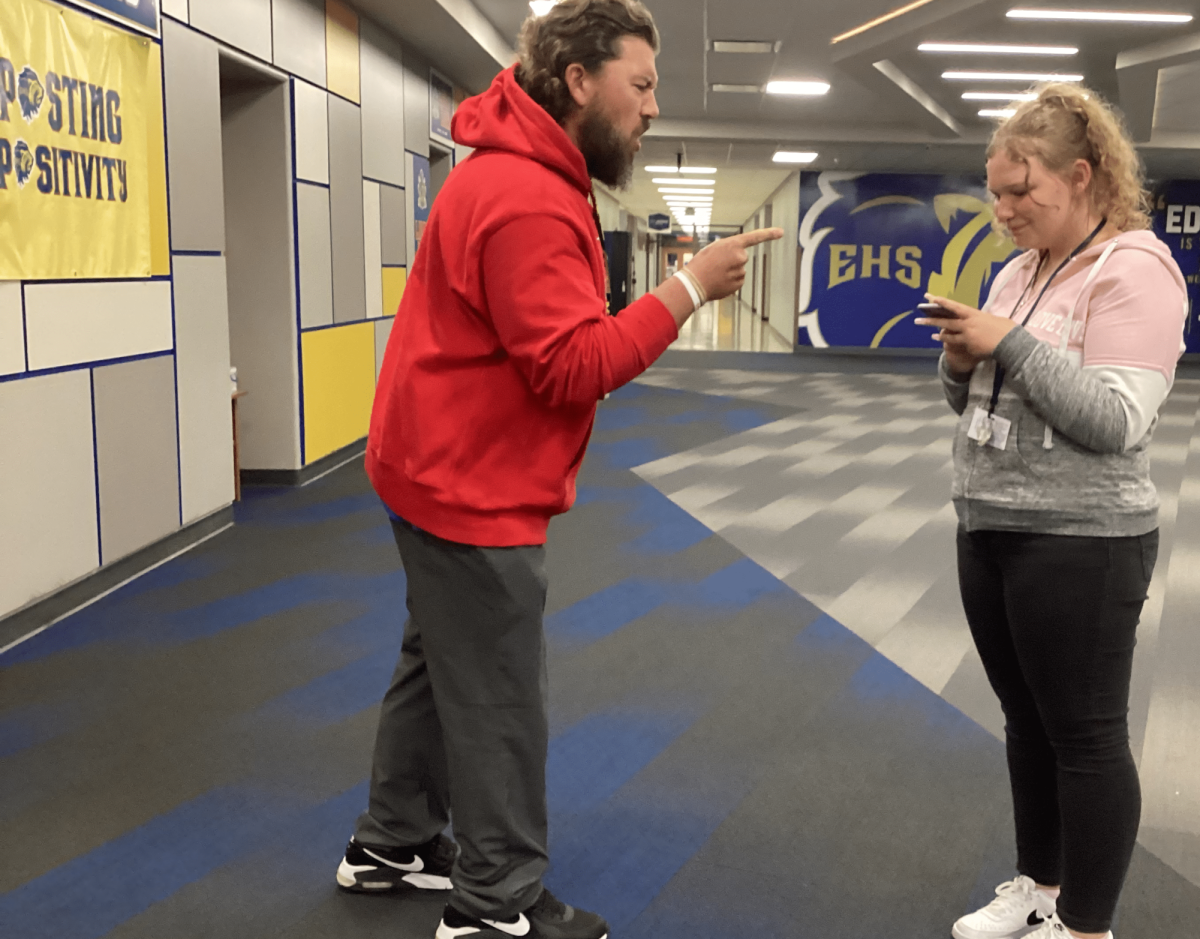
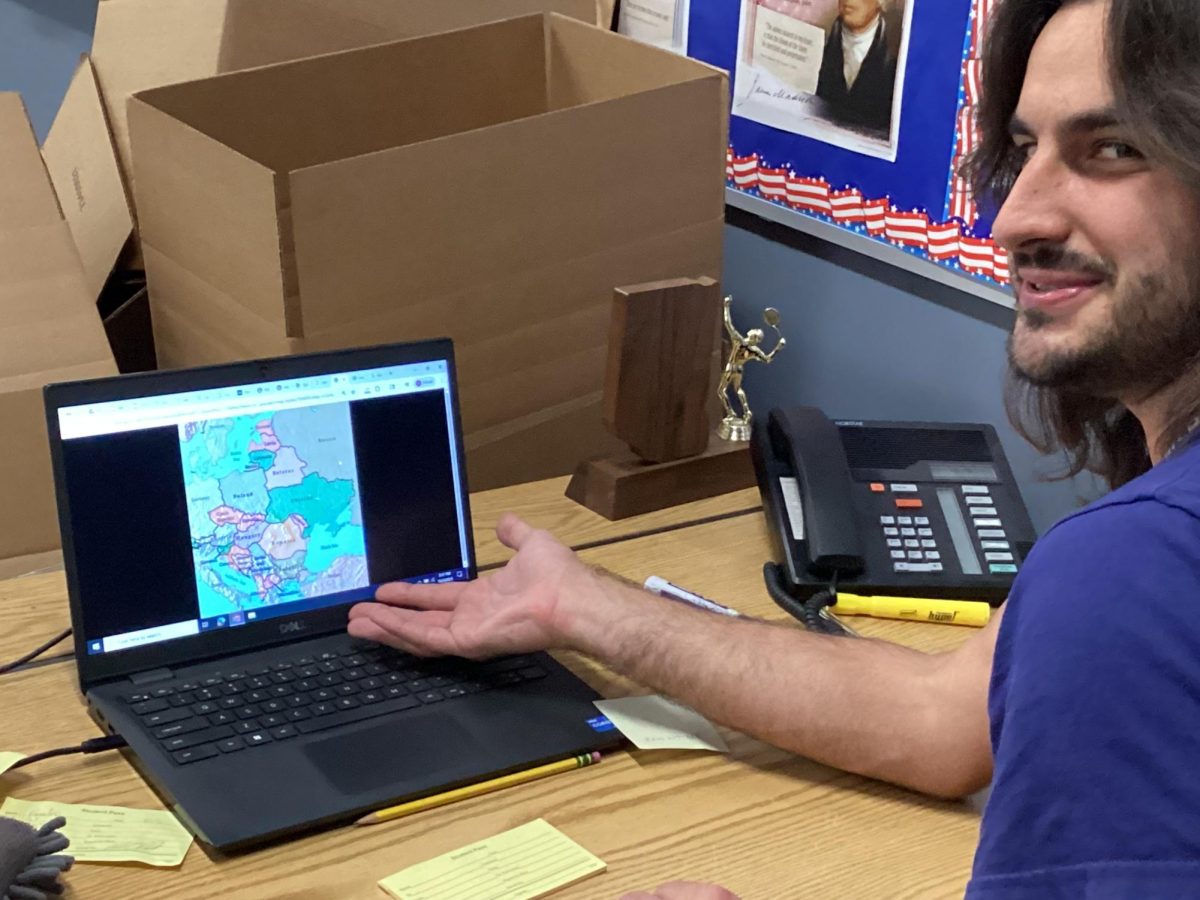
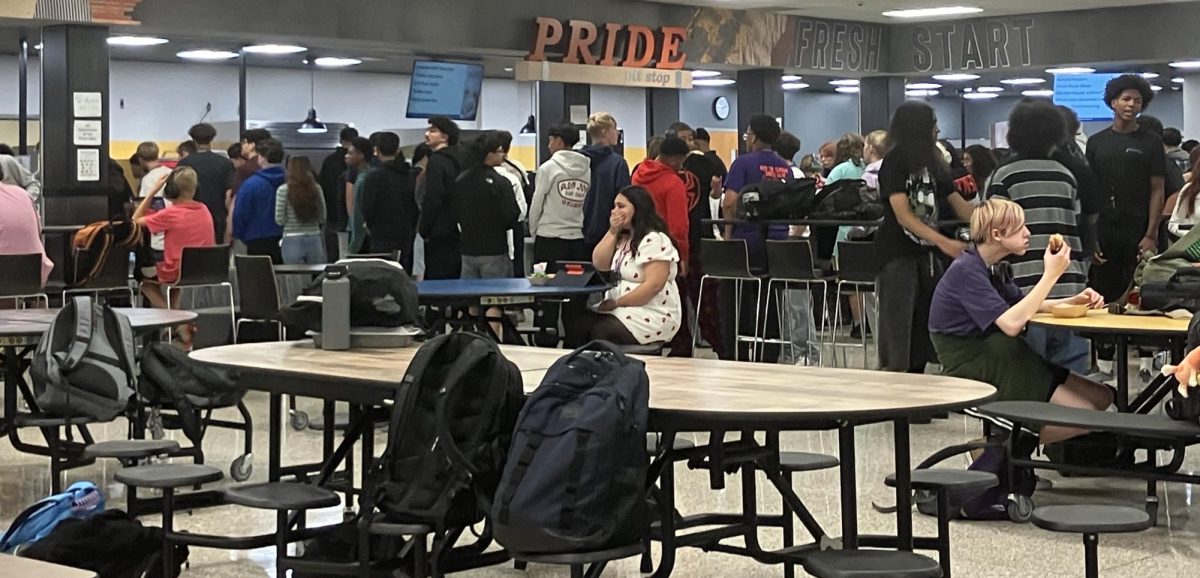
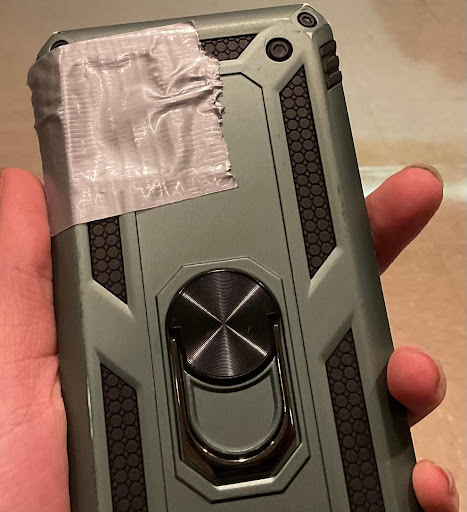
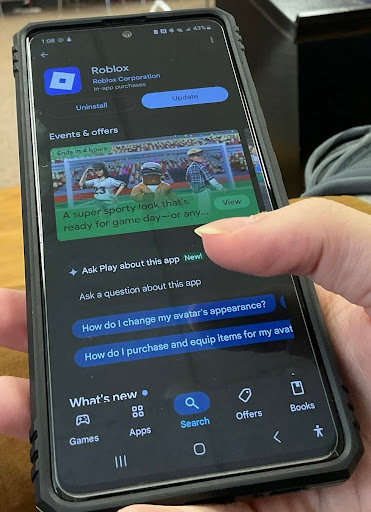

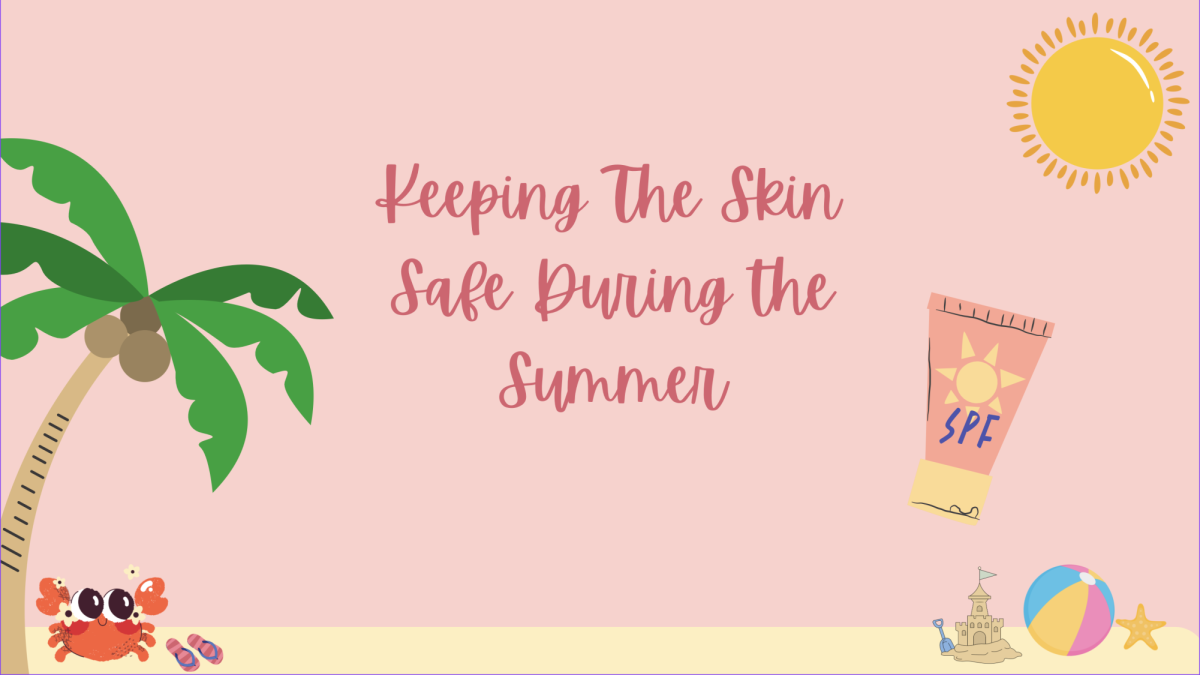



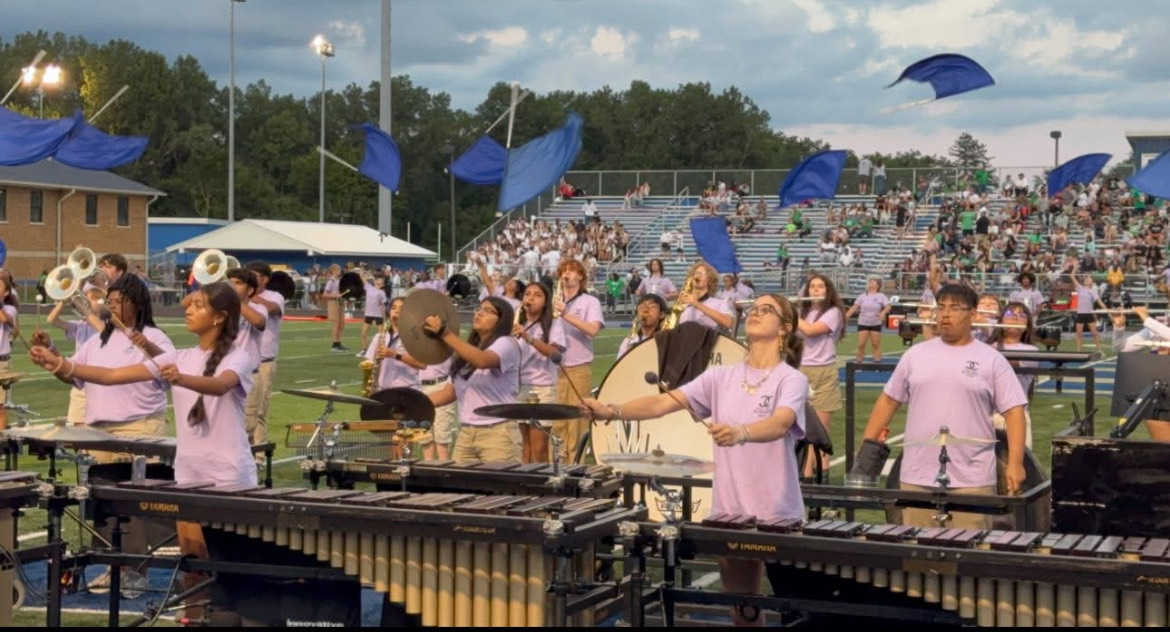
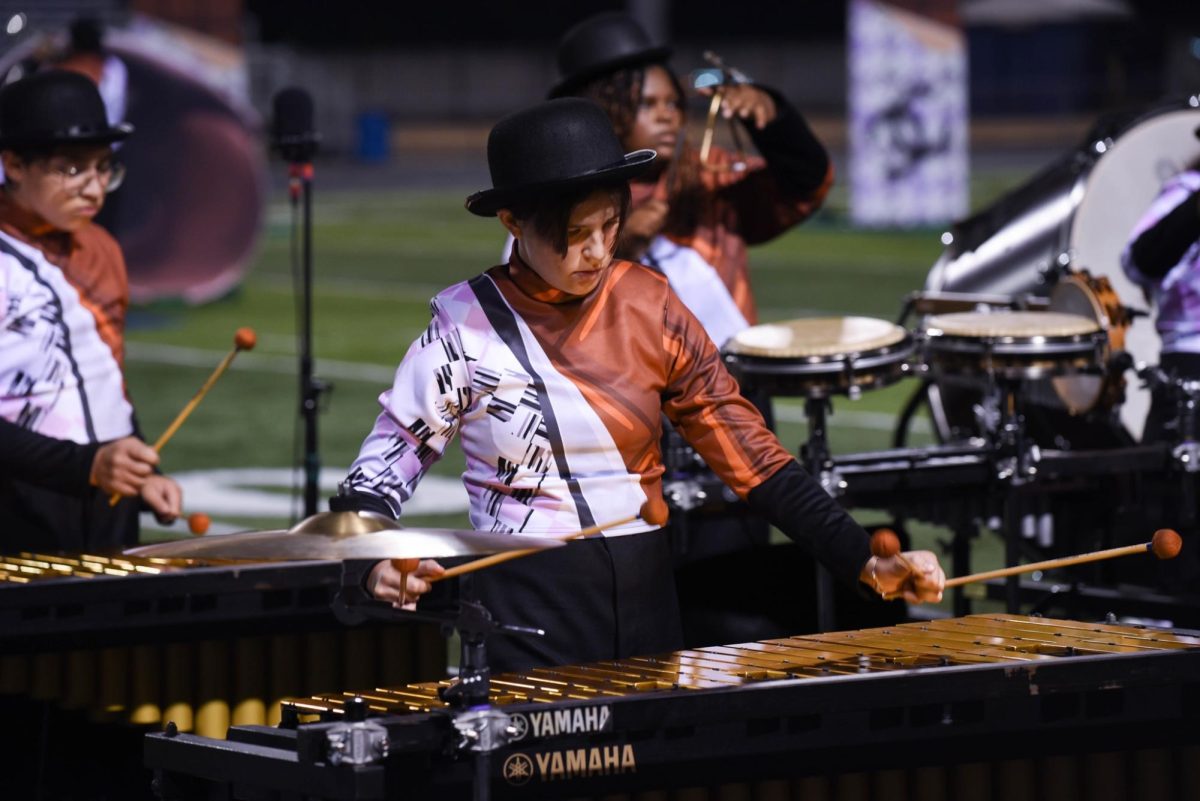


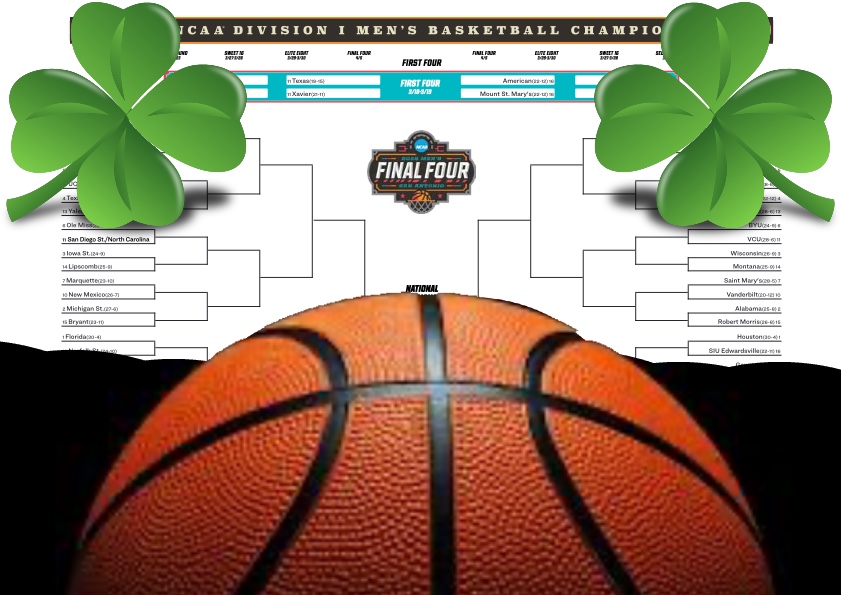
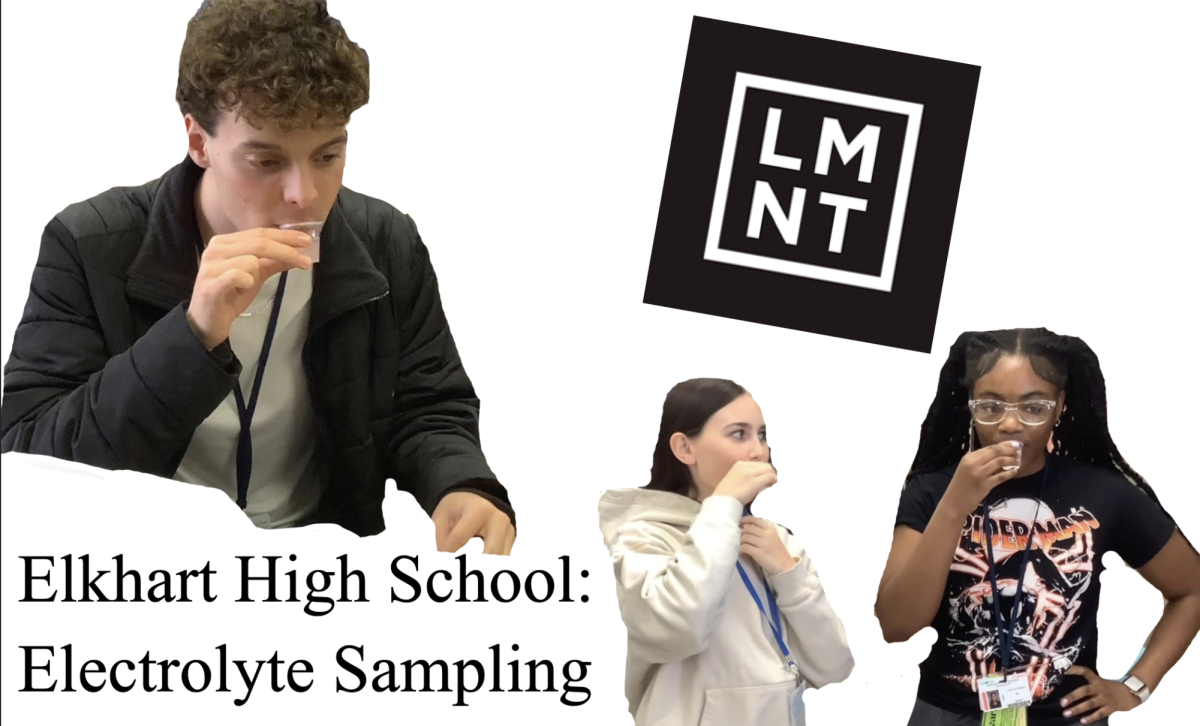
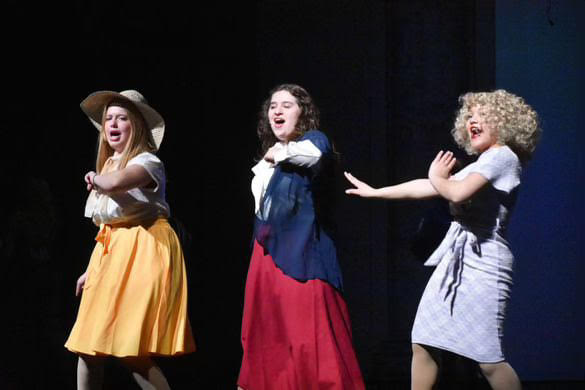
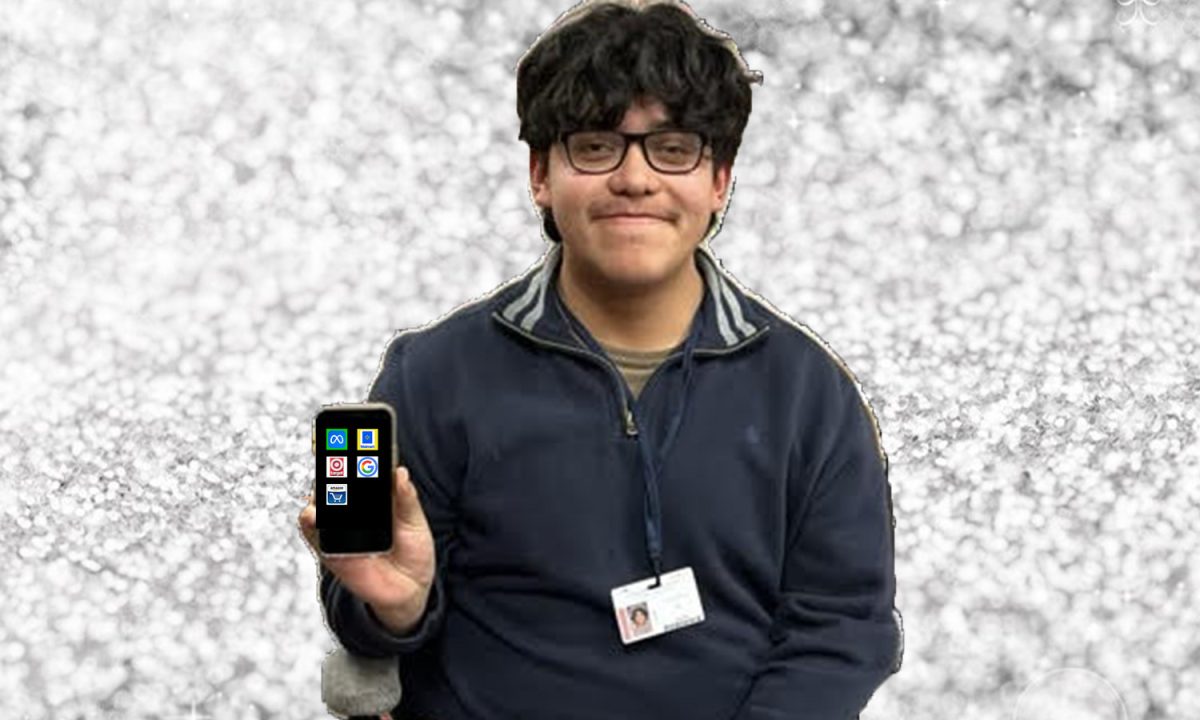

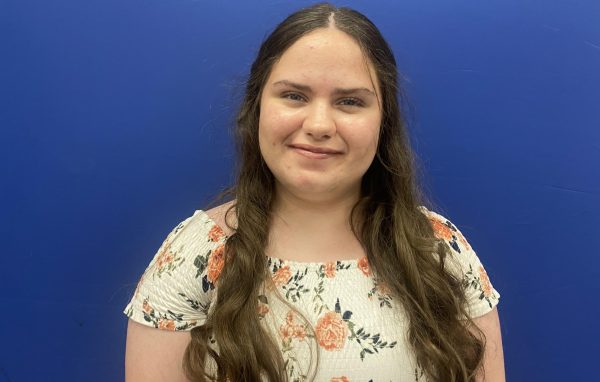
Landon • Sep 26, 2024 at 1:47 pm
I feel that yea i can understand why the law passed, but like what if something happened and they need a way to contact faimly.